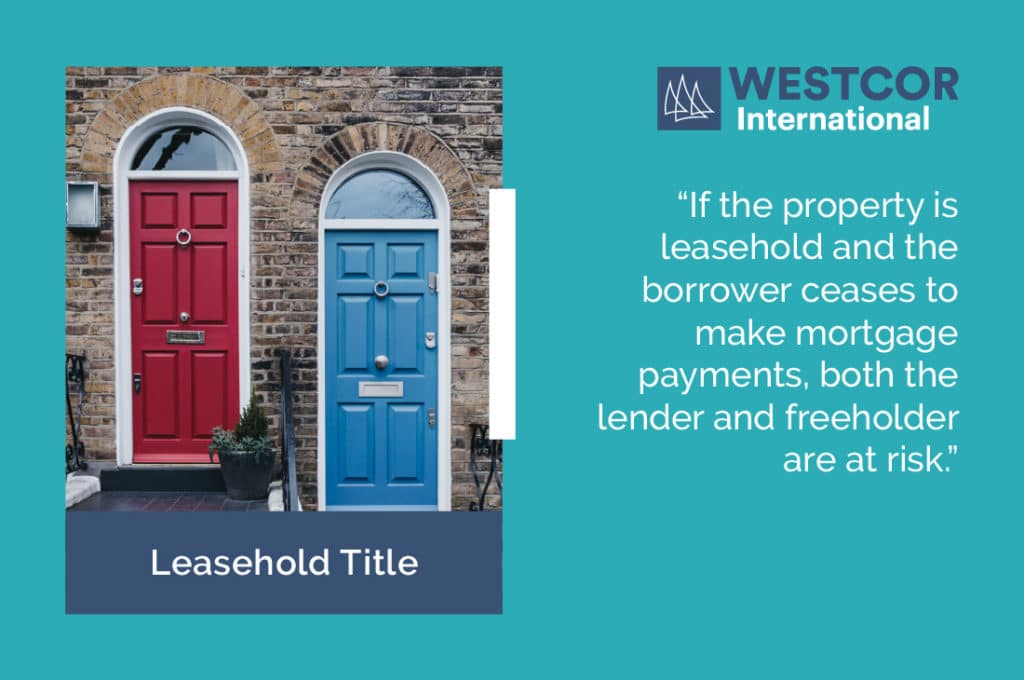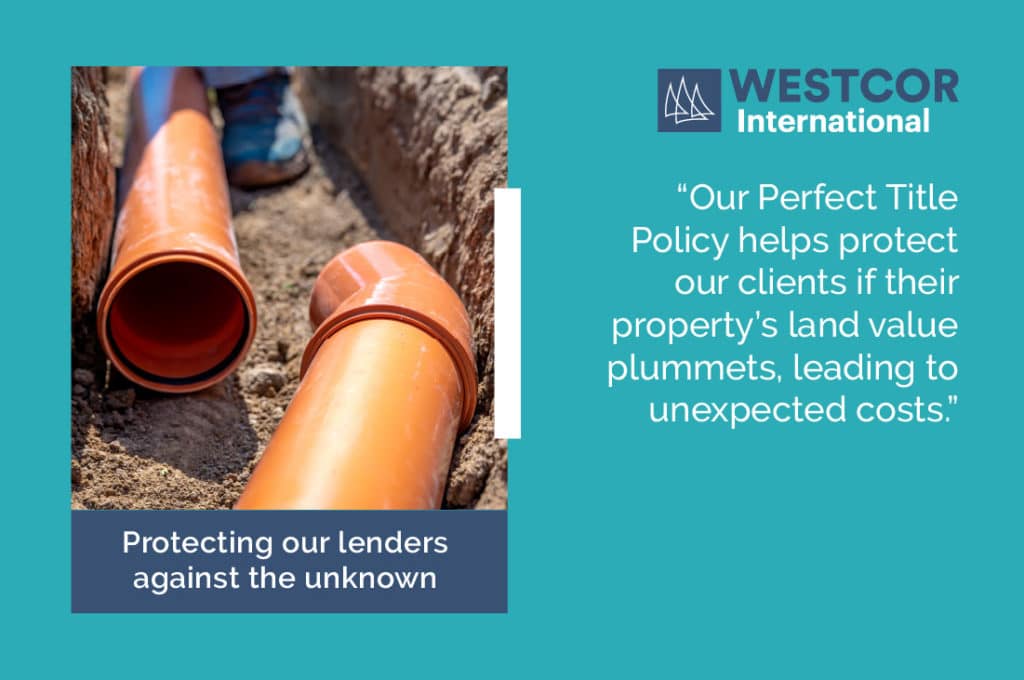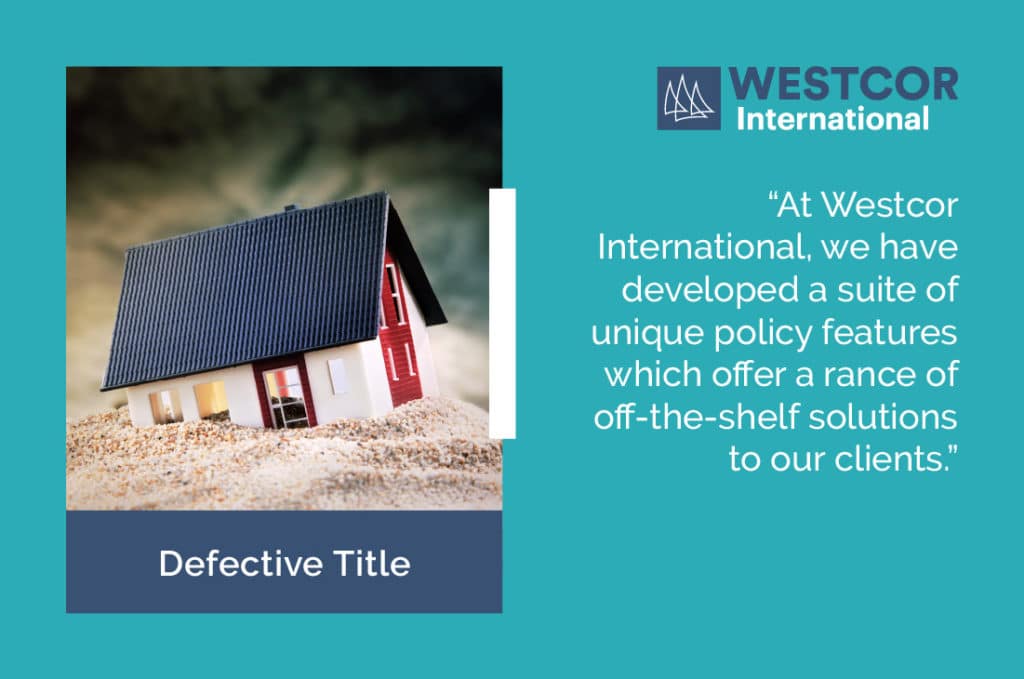
If the property is leasehold and the borrower ceases to make payments on their mortgage, not only is the lender affected but the freeholder (or landlord) is too. This can mean a lender risks losing their security if they don’t act quickly enough.
What triggered the claim?
The landlord had re-entered the property due to non-payment of ground rent over a period of three years by the borrower. The value of the property when the loan was taken out was £82k and our lender client’s security was at risk from the forfeiture of the lease.
So, what next?
Whilst the lender already had an order for possession, this had never been exercised as the lender was comfortable that their security was safe – they had previously worked with the borrower to bring their account up to date.
However, the landlord had enforced their right to obtain possession of the property and a forfeiture of the lease. In this instance, the only way forward for the lender would be to obtain relief. If this is not done in a timely manner, the landlord could sell the property to recoup their losses, which would include all of the associated legal costs as well as the outstanding ground rent, thereby creating a risk to the lender of a significant shortfall on their mortgage.
What was the outcome?
In this instance, the landlord was willing to enter negotiations. They agreed to a relief from forfeiture, subject to the settlement of the arrears on the account and their reasonable costs, thereby ensuring our lender client’s security was safe.
Other case studies

A race to possession when a borrower defaults on their financial obligations.

Protecting our lenders against fraudulent borrowers

What are the hidden risks for lenders post-purchase?

Even the simplest of disputes can result in tens of thousands in compensation

Protecting our developer clients post planning



